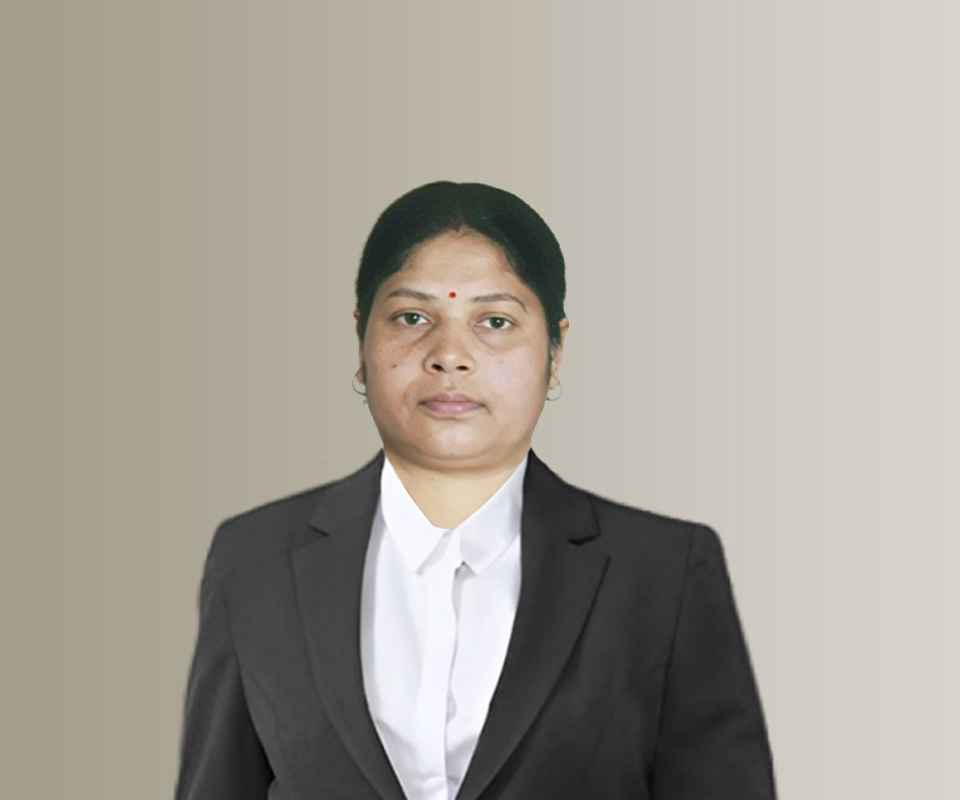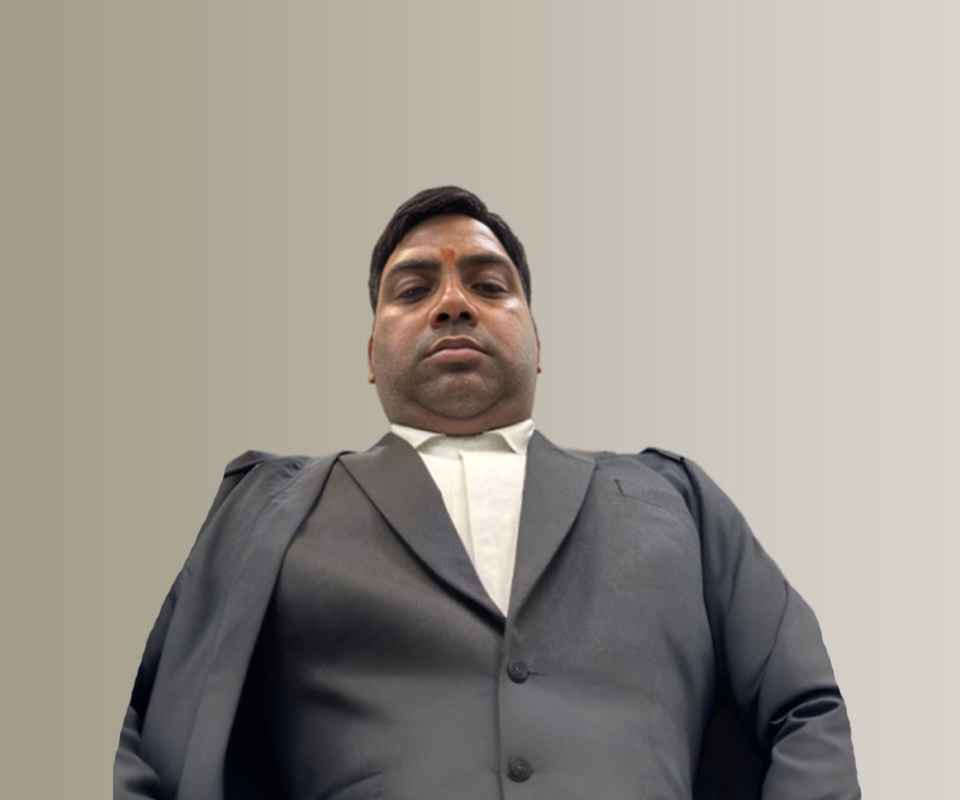Answer By law4u team
In a pivotal ruling on September 27, 2024, the Gauhati High Court acquitted Md. Farid Ali of charges related to kidnapping and rape under Section 376 of the Indian Penal Code (IPC). The case raises significant issues about the role of family testimonies, the credibility of the victim's claims, and the interpretation of consent within the judicial system.
Case Overview
The legal proceedings commenced following a First Information Report (FIR) filed by the victim's father on August 2, 2014, after his daughter went missing. The FIR alleged that Md. Farid Ali had kidnapped her, and she was later found at his residence.
Timeline of Events
- Initial Report: The victim was last seen in Diphu Bazar, and the FIR indicated that she had been forcibly taken by Ali.
- Charges Laid:The police charged Ali under IPC Sections 366 (Kidnapping), 342 (Wrongful Confinement), and 376 (Rape), leading to a transfer of the case to the Sessions Court.
Trial Proceedings
During the trial, the prosecution presented seven witnesses, primarily family members of the victim, who claimed that she was forcibly taken and married to Ali against her will. These testimonies were intended to establish the victim's lack of consent and to bolster the prosecution's case.
Defense Strategy
Ali's defense argued that the victim, being a major, had voluntarily eloped with him. They contended that the testimonies from family members were from interested parties and lacked corroborating independent witnesses, thus calling into question their reliability.
Key Legal Discussions
The court examined several critical aspects, including:
- Victim's Testimony: The victim claimed she had been forced into marriage, but inconsistencies arose regarding her actions and choices during the time spent with Ali.
- Lack of Alarm or Communication: The court noted that the victim did not raise any alarm while leaving with Ali and failed to communicate her situation to her family, undermining claims of coercion.
Court’s Conclusion
The Gauhati High Court, led by Honorable Mrs. Justice Malasri Nandi, found insufficient evidence to support the claims of rape and kidnapping. Key findings included:
- The victim was of legal age and had left her home willingly.
- There was no conclusive evidence that Ali had confined her or used force.
- The court referenced Exception 2 to Section 375 of the IPC, indicating that non-consensual sexual intercourse by a husband with his wife, if she is above 15, does not amount to rape.
Final Decision
Given the absence of evidence proving coercion or lack of consent, the High Court acquitted Md. Farid Ali of all charges, overturning the previous judgment of the Assistant Sessions Judge from August 10, 2023.
Implications of Family Testimonies
The testimonies of family members can significantly impact the perception of a victim's credibility. However, in this case, the court highlighted that while family testimonies are crucial, they must be supported by corroborating evidence and independent witness accounts. The lack of such evidence in this case led to the acquittal, emphasizing that family member testimonies alone may not suffice to establish guilt, particularly when inconsistencies and lack of corroboration arise.
Case Details:
Case Number: Crl.A./372/2023







